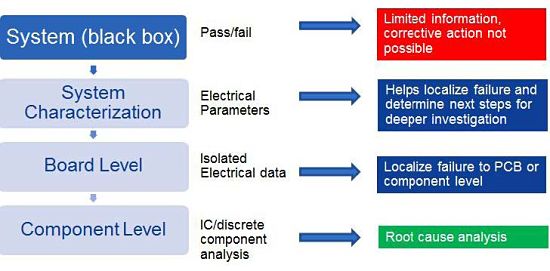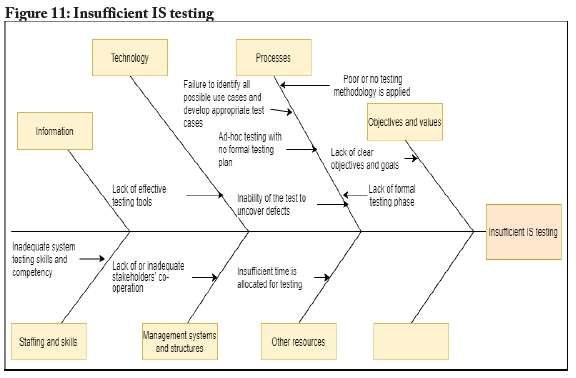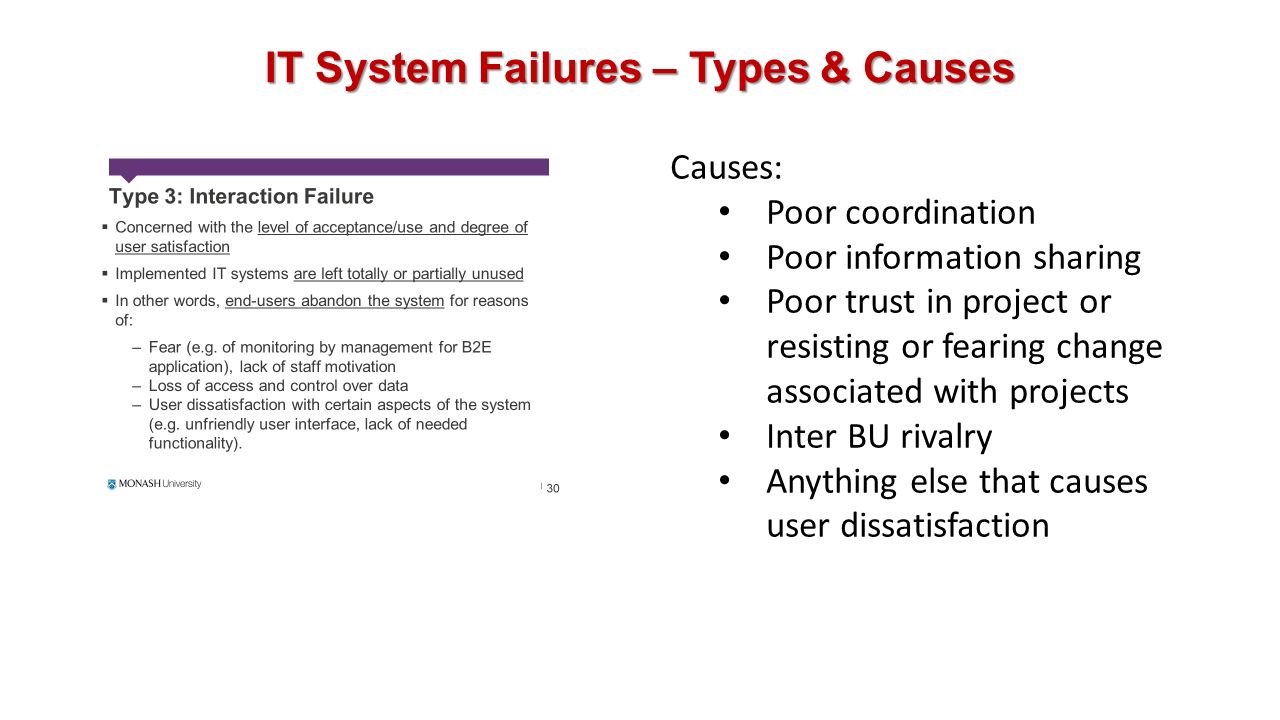Information systems play a vital role in modern organizations, providing the infrastructure and tools necessary for effective data management, communication, and decision-making. However, despite their importance, information systems can sometimes fail, leading to significant disruptions and costs for the organizations that rely on them. There are several reasons why information systems can fail, including technical issues, human error, and organizational factors.
One common reason for information system failure is technical problems. Information systems are complex systems that rely on a wide range of hardware, software, and network components, and any of these components can malfunction or fail. For example, hardware can break down due to wear and tear, software can contain bugs or vulnerabilities that can be exploited by hackers, and networks can experience outages due to a variety of factors, such as power failures or natural disasters. These technical problems can cause information systems to become unavailable, leading to lost productivity and financial losses.
Human error is another common reason for information system failure. Information systems rely on people to input data, operate equipment, and perform other tasks, and human error can lead to mistakes that have serious consequences. For example, employees may accidentally delete important files, enter incorrect data into a database, or mishandle equipment, leading to system failures. Additionally, if information systems are not designed or implemented in a way that is easy to use and understand, employees may make errors due to a lack of understanding or training.
Organizational factors can also contribute to information system failure. For example, if an organization lacks clear policies and procedures for information systems management, it may be more prone to system failures. Additionally, if an organization does not allocate sufficient resources to maintain and upgrade its information systems, it may be more vulnerable to technical problems and security breaches. Poor communication and coordination within an organization can also lead to information system failures, as different departments may rely on different systems that are not properly integrated or aligned.
In conclusion, information systems can fail for a variety of reasons, including technical problems, human error, and organizational factors. To prevent information system failures, organizations need to carefully plan, design, and implement their systems, allocate sufficient resources for maintenance and upgrades, and establish clear policies and procedures for information systems management. By taking these steps, organizations can reduce the risk of information system failures and ensure that their systems are reliable and effective.

+and+information+technology+(IT)+and+the+difference+between+the+two..jpg)







